On May 23, 2025, Argentina officially reaffirmed its decision to withdraw from the World Health Organization (WHO) during the 78th World Health Assembly in Geneva. The formal notification, signed by Foreign Minister Gerardo Werthein on February 25, was presented at the Assembly, surprising many international delegates.
The Argentine government, under President Javier Milei, cited the defense of national sovereignty as the primary reason for the withdrawal. Officials criticized the WHO’s handling of the COVID-19 pandemic, particularly the promotion of prolonged lockdowns, which they claim led to severe economic and social consequences in Argentina. The government argued that such measures resulted in significant job losses, school closures, and mental health issues, and even suggested that the WHO’s policies contributed to approximately 130,000 deaths in the country during the pandemic.
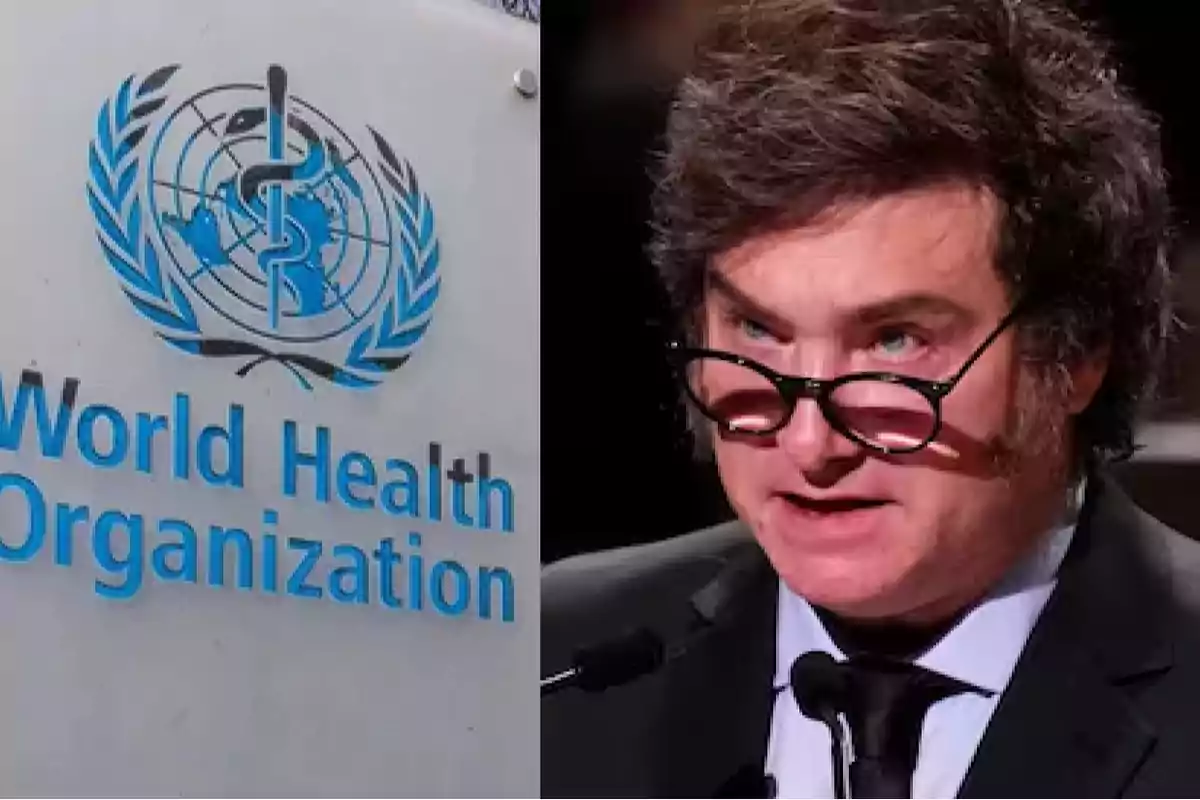
This move aligns Argentina with the United States, which, under President Donald Trump, also announced its withdrawal from the WHO. Both countries express concerns over the organization’s influence on national health policies and its response to global health crises.
The WHO’s founding treaties do not explicitly outline a withdrawal mechanism, making Argentina’s decision unprecedented. The World Health Assembly is expected to deliberate on the matter, potentially leaving Argentina’s membership in a state of uncertainty for the coming months.
As the situation develops, the international community watches closely, considering the implications of Argentina’s departure on global health collaboration and the country’s future in international health initiatives.

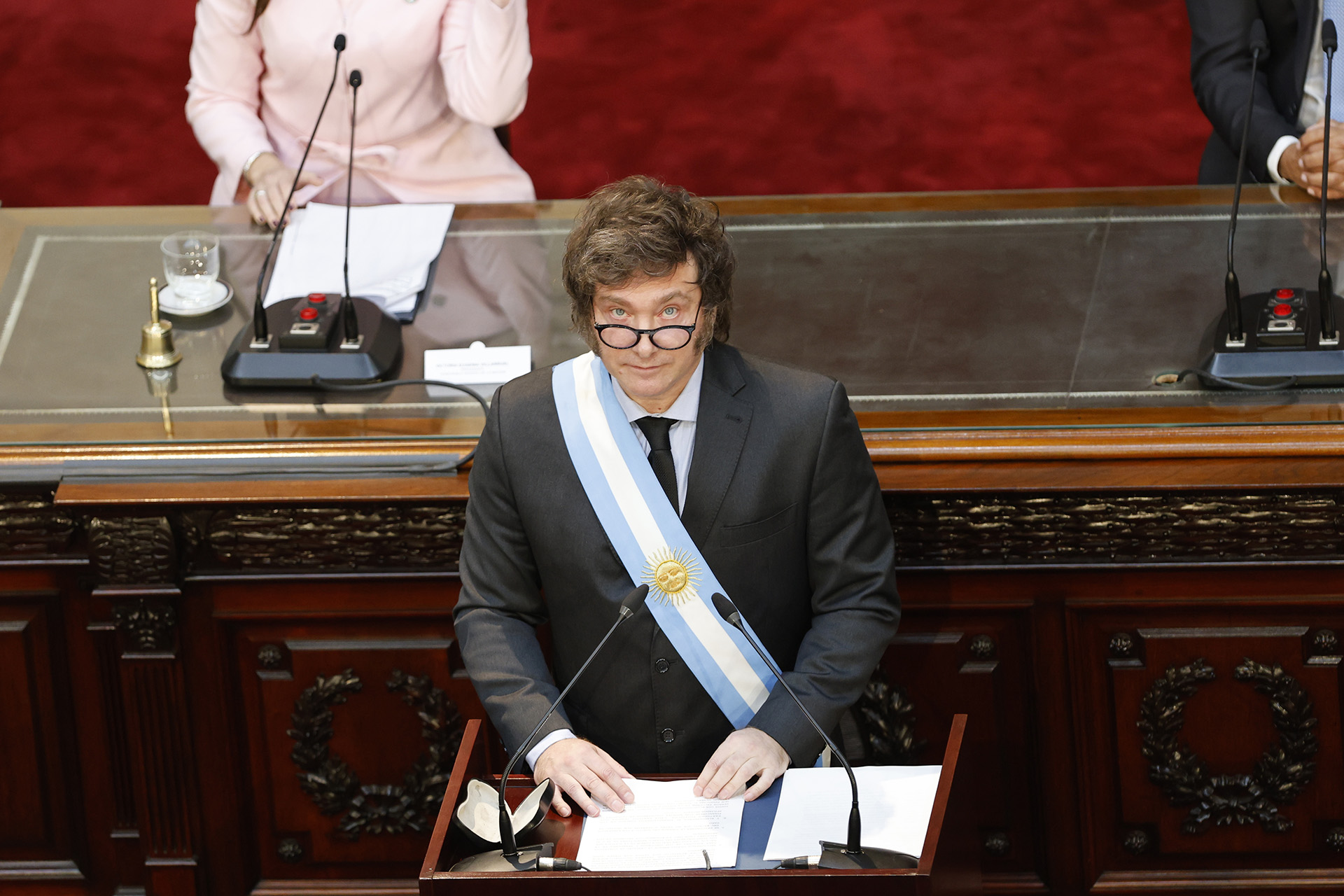
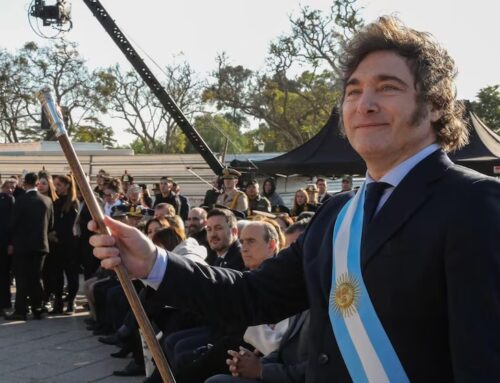
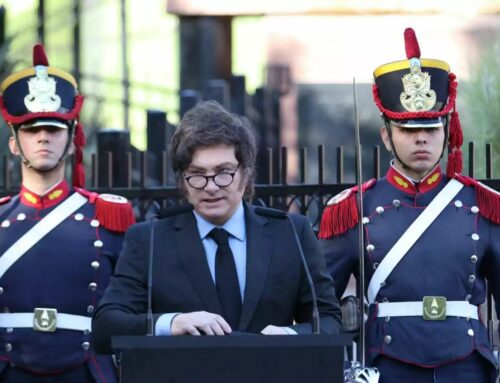
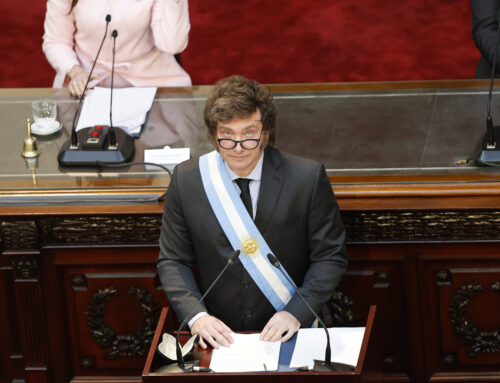
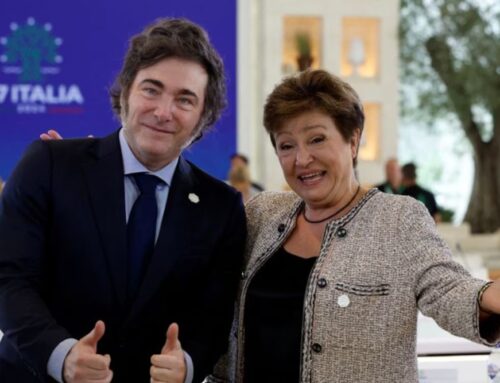

Leave A Comment